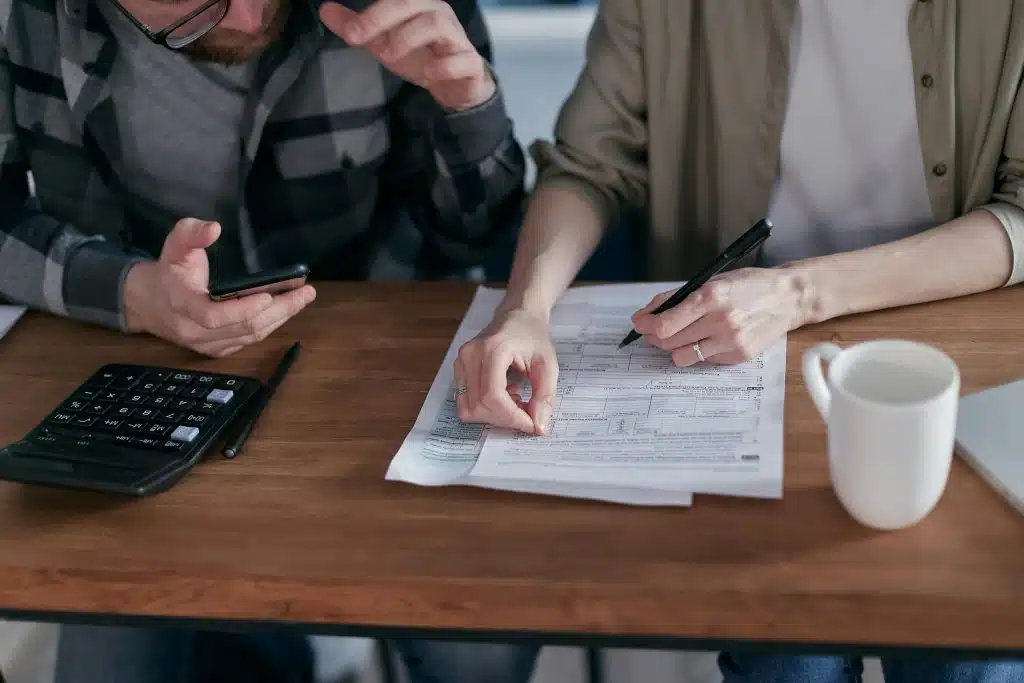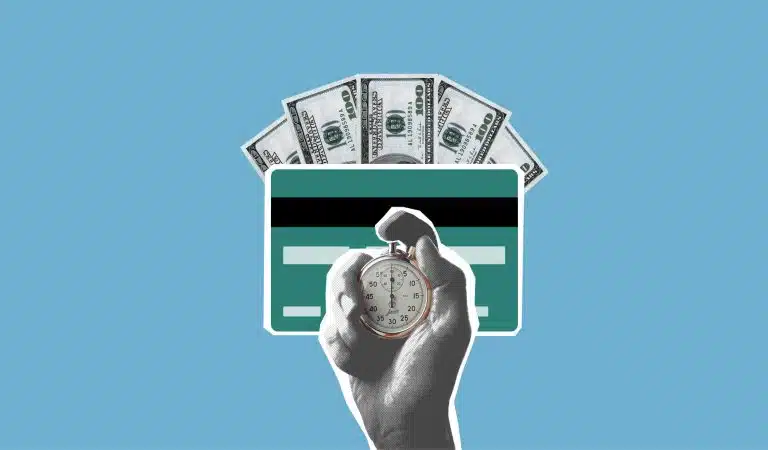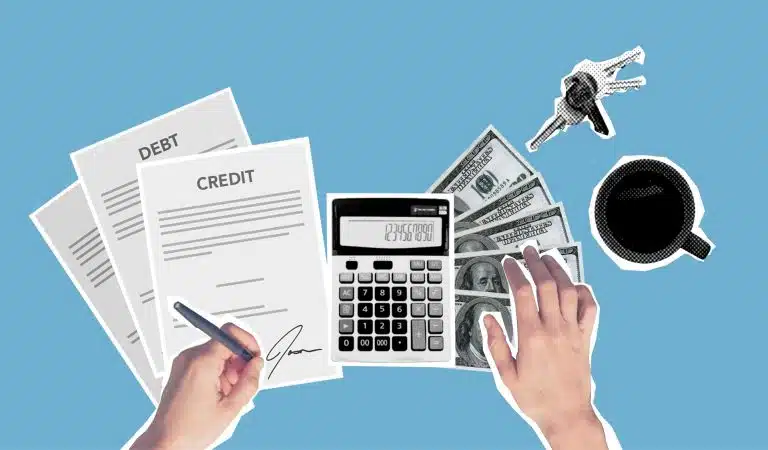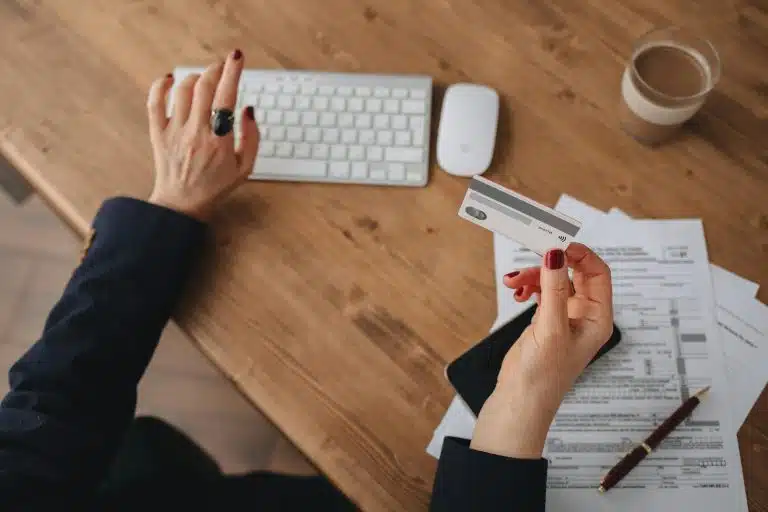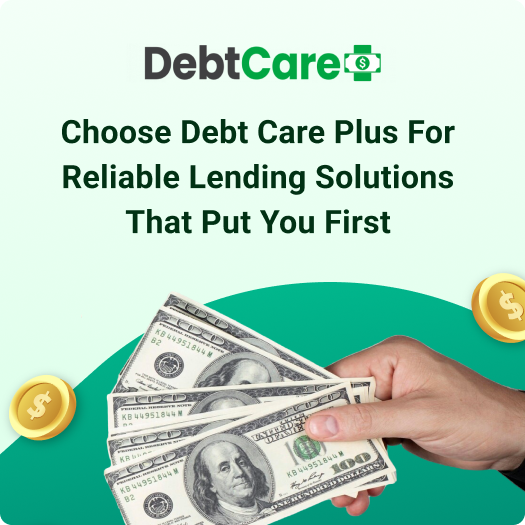Picture this: Rather than working to pay off debt every single month, you’re working your way up the ladder of larger purchases—the vacation fund for when it’s time again, home improvements, and a proud emergency savings account.
Never again bankrupt yourself, reaching down through your pockets of wealth. You can then enjoy the now and plan accordingly for what lies ahead.
Sounds amazing, right? Not only is it possible, but with a good plan, it is completely doable.
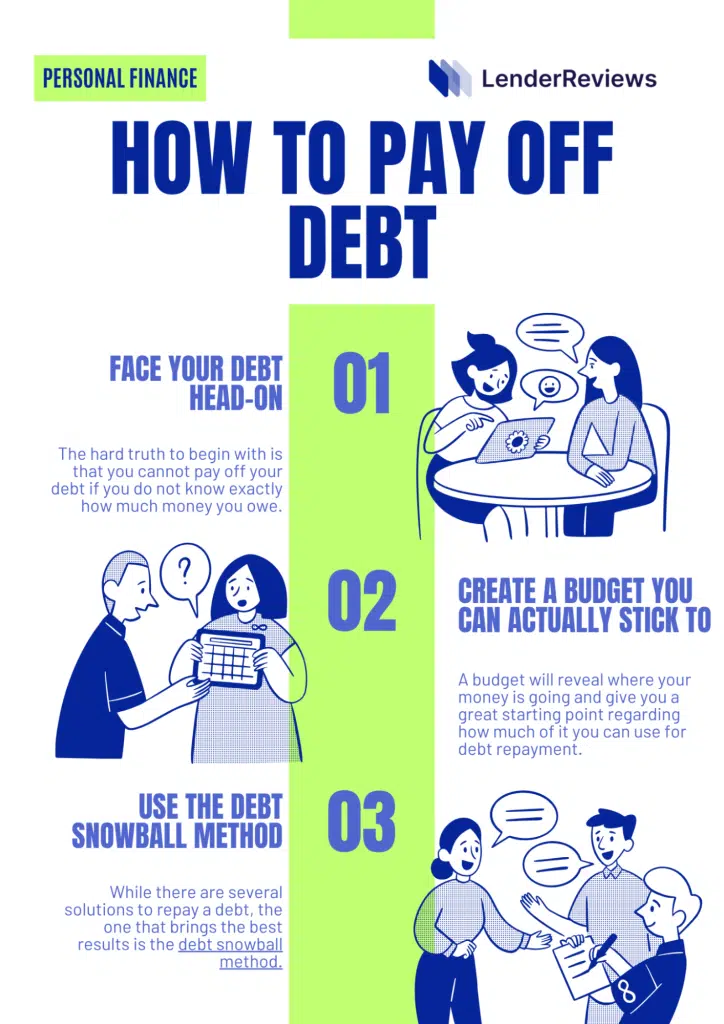
1. Face Your Debt Head-On
The hard truth to begin with is that you cannot pay off your debt if you do not know exactly how much money you owe. Most of us shamefully refuse to address our total debt because we know how big it really is, which overwhelms us, but this step right here helps you do just that and take back control.
Sign in to all your online accounts and list every debt you owe—credit cards, student loans, car loans, medical bills, personal loans, etc. Record the balances, interest rates, and minimum monthly payments of each.
True, this part is very uncomfortable, but after you see the big picture, it becomes easy to tackle; reality is rarely as scary as the unknown.
2. Create a Budget You Can Actually Stick To
If you are serious about paying off debt, you need a budget. Period. A budget will reveal where your money is going and give you a great starting point regarding how much of it you can use for debt repayment.
Make a Zero-Based Budget. First, list your monthly income. Next, remove all the necessary expenses (like Rent, Groceries, Utilities, etc.). The aim is to budget every dollar you make so that some of it goes towards repaying debt.
If you stick to your budgeting, it will show where you are spending too much money, and obviously, this extra cash can be used to make those debt payments. This will ensure you continue to stick with your financial plan, and it will teach you that saving money is not about restricting yourself.
3. Use the Debt Snowball Method
While there are several solutions to repay a debt, the one that brings the best results is the debt snowball method.
Here’s how it works:
- Insert all your debts in order from smallest balance to largest.
- Make minimum monthly payments on all your debts except for the smallest one.
- Pay the absolute minimum on your other debts and throw every extra dollar you can at that smallest debt — until it’s gone.
- After that debt is paid off, apply the money you were spending on it to the next smallest balance.
- Do this until all other debts are gone.
Why the smallest first? Paying one bad debt — no matter how small it is, feels like scoring a touchdown. You get a fast win and are encouraged to take the next step.
4. Save to Save: Trim the Fat from Your Budget
The more money you throw at your debt, the quicker it will go. In order to make this possible, you will obviously have to spend less.
Here are a few ideas:
- Restaurants: limit dining out and shopping.
- Entertainment: reassess subscriptions. Do you need more than one streaming service?
Cut whatever you can… and downgrade the necessary stuff. To cut down on groceries, Plan your meals ahead of time and only purchase what you need. This will make you less inclined to make impulse buys.
A few tiny changes can save you a lot of money, and quite frankly — it is really surprising how much! Every single dollar saved is a dollar less than you owe your debt.
5. Avoid Adding New Debt
This may sound like a no-brainer, but it is critical at this point that you stop increasing your debt. Cut up the credit card and avoid any new debt while you work to eliminate your other debts.
Live below your means. Never should you charge up a storm when it comes to purchase; if it is too big for your budget (save money) or out of desired reach, wait. Part of the process is to learn how to take control of your finances without getting sucked into a credit trap.
6. Find Extra Income
If keeping expenses low doesn’t help you pay off your debts more quickly, then fit extra income-generating methods into your schedule. That little bit could do wonders when trying to pay off debt faster.
Here are a few ideas:
- Get a side gig: Side hustles like freelance work, tutoring, or delivering food can help you make some extra money.
- Sell some of your stuff: Look around the house for unused items. Selling clothes, furniture, and electronics is a great way to earn a little extra cash with things you no longer have use for.
- Hone a Skill: If you have the abilities for something like photography, writing, or graphic design use it to become a freelancer.
7. Stay Motivated and Track Your Progress
Debt repayment is a process that takes time, and it often feels like the light at the end of the tunnel needs to be seen.
So, make sure to keep yourself motivated and celebrate your achievements. When you pay off debt, make sure to celebrate! That moves you one step closer to financial freedom.
To keep you on the same page as well, knowledge about progress must be tracked. Over time, keep an eye on them and watch you balances begin to dwindle — remind yourself why this all started.
8. Plan for the Future
Once the debt is paid off, ensure you remain in a position where you have no outstanding debts. Complete those steps outlined above, have enough cash to prevent you from falling into a negative spiral due to unexpected expenses, continue budgeting, and be very aware of where your money goes.
And being debt-free does not just mean getting rid of the debt we have now, but making good financial decisions that will allow us to stay out of debt long term.
Conclusion
Eliminating your debt may seem grueling, but with a concrete plan and some persistence, it can be done. Divide and conquer your debt, get on a budget plan (every penny has to be accounted for), and use the snowball method to pay off debts. Stop spending money unnecessarily, go out and generate some additional income here or there (or everywhere). The good news is, you are going to do this — and soon enough, your debt will be gone forever.

